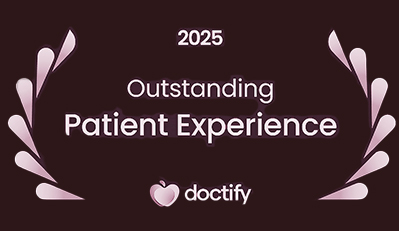
How to Choose the Best Intraocular Lens (IOL) for Your Needs
When it comes to cataract surgery or lens replacement, selecting the right intraocular lens (IOL) is a crucial decision. The type of IOL you choose can significantly affect your vision and quality of life after the procedure. But with so many options available, how do you know which one is best for you?
Understanding Intraocular Lenses (IOLs)
An IOL is an artificial lens that replaces your eye's natural lens during cataract or lens replacement surgery. Unlike glasses or contact lenses, IOLs are implanted inside the eye and are designed to last a lifetime.
Types of IOLs
- Monofocal IOLs: These are the most common type of IOL. They are set to focus at one distance—either near, intermediate, or far. Most people choose distance vision and use reading glasses for close-up tasks.
- Multifocal IOLs: Designed to provide clear vision at multiple distances, these lenses can reduce your dependence on glasses. However, some people experience haloes or glare, especially at night.
- Extended Depth of Focus (EDOF) IOLs: These lenses provide a continuous range of vision, particularly for intermediate and distance vision. They offer fewer visual disturbances compared to multifocal lenses.
- Toric IOLs: If you have astigmatism, toric lenses are designed to correct this condition, reducing your need for glasses after surgery.
- Accommodative IOLs: These lenses shift position inside the eye to help you focus on objects at different distances. They mimic the eye’s natural focusing ability more closely than other lenses.
Factors to Consider When Choosing an IOL
- Your Lifestyle: Consider your daily activities. Do you spend a lot of time reading, using a computer, or driving at night? Your lifestyle will help determine which lens suits you best.
- Vision Goals: Are you looking for freedom from glasses, or are you okay with wearing them occasionally? Some lenses reduce the need for glasses more effectively than others.
- Budget: Premium IOLs like multifocal, EDOF, and toric lenses may have additional costs not covered by insurance.
Eye Health: Certain eye conditions, such as macular degeneration or glaucoma, may affect which IOL is recommended.
Discussing Options with Your Surgeon
Dr Danny Mitry will assess your vision, eye health, and lifestyle to recommend the best IOL options for you. Don’t hesitate to ask questions and discuss your preferences.
Ready to find out which IOL is right for you? Take our quick suitability self-test today!
Find out if you are suitable for vision correction
Not everyone is eligible for vision correction surgery.
Find out if you could benefit from this life changing surgery by taking the quick self-suitability quiz below:




